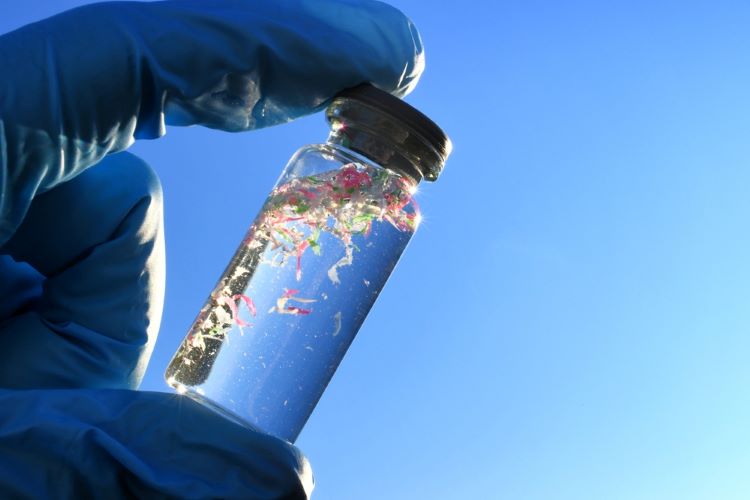EU Urban Wastewater Treatment Directive may compromise EU medicine availability
Posted: 13 February 2025 | Catherine Eckford (European Pharmaceutical Review) | No comments yet
The directive could lead to nearly €1 billion in additional costs for pharmaceutical companies in Finland alone, states Orion Corporation.


New analysis by VTT Technical Research Centre of Finland has highlighted the EU’s “completely underestimated” costs of the newly enforced Urban Wastewater Treatment Directive.
Based on the new cost estimates, pharmaceutical manufacturers in Finland alone will be required to fund €280–816 million of these expenses,
The directive, enforced on 1 January 2025, imposes an extended manufacturer responsibility on the removal of micro-pollutants from wastewaters.
According to Orion Corporation, based on these estimates, the directive could make it unprofitable for pharmaceutical companies to maintain their current range of medicines. Due to current price regulation, these firms cannot absorb the rising cost burden in their pricing as per the “polluter pays” principle.
Potential economic impact of the Urban Wastewater Treatment Directive
To highlight the economic impact of the directive in the EU, costs for Finland’s seven largest wastewater treatment plants are estimated to be around €237–353 million”
While protection of the environment from the harmful effects of inadequately treated urban wastewater is “very welcome”, traces of drugs found in wastewaters are “mainly caused by the normal use of medicines, not drug manufacturing”, Orion explained.
To highlight the economic impact of the directive in the EU, costs for Finland’s seven largest wastewater treatment plants are estimated to be around €237–353 million.
For comparison, in 2023, total sales of pharmaceutical products at wholesale prices in Finland was €3,091 million, Orion stated. The EU’s previous estimation of annual costs for Finland was 13 million euros.
Responsible pharmaceutical manufacturing: New WHO guidance to support manufacturers to reduce AMR risk
Sustaining Europe’s pharmaceutical industry
European legislation must consider the need to support European competitiveness and industrial capacity, especially with Finland being a small market. Orion explained that society must contribute to share the costs related to the extended producer responsibility with the share of 20 percent permitted in the directive.
Considering its estimated costs, to conserve economic sustainability and maintain industry competitiveness, it is “essential that a meticulous impact assessment of the directive is carried out in Finland”, Orion urged.
Related topics
Data Analysis, Drug Manufacturing, Drug Markets, Drug Supply Chain, Funding, Impurities, Industry Insight, Regulation & Legislation, Supply Chain, Sustainability, Therapeutics









